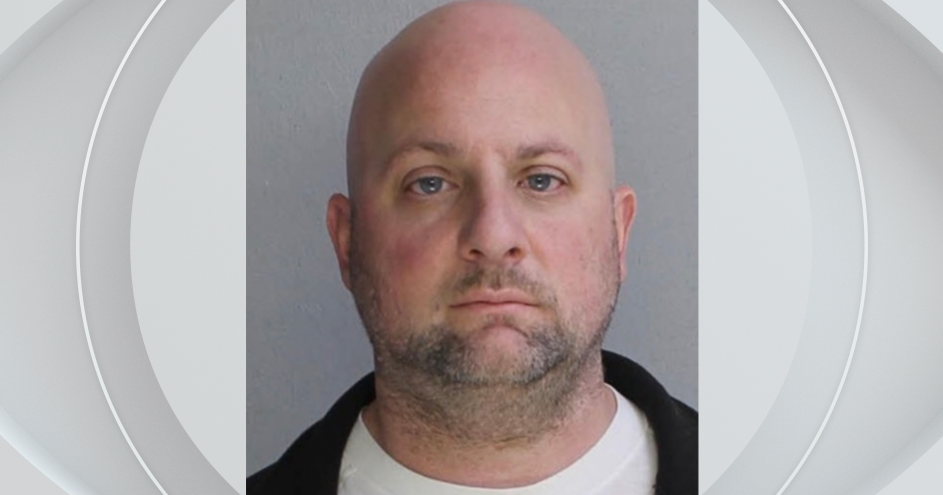Could polio be making comeback in Delaware Valley?
PHILADELPHIA (CBS) -- The CDC says the discovery of polio in New York City wastewater is the tip of the iceberg. That has many wondering if the contagious virus could also be in the Philadelphia region.
Eyewitness News couldn't find one location in the region that is testing wastewater for polio.
Doctors say most people are vaccinated so the risk is considered low, but for those who aren't protected, the CDC is worried about what it's calling a silent spread.
93% of American children receive the polio vaccine, but a growing number of families have been skipping vaccinations. That led to the newly discovered case in New York and then the subsequent discovery of polio traces in New York City wastewater.
"The things that were eradicated and are coming back is very scary," said Amber Morlan.
In 1921, President Franklin D. Roosevelt was partially paralyzed by polio.
There is no cure for the highly contagious virus that's spread by fecal contamination.
Now with the vaccine, polio was considered eradicated.
For the few who do get it, symptoms can be mild. People can spread polio without knowing they're infected.
"We're definitely concerned," said Dr. Jose Romero, the director of the CDC's National Center for Immunization and Respiratory Diseases.
The CDC is considering whether to offer an extra shot of the polio vaccine to certain at-risk groups.
"Finding polio in a country where we've found high levels of vaccination, haven't seen polio cases for over 40 years is significant," Romero said. "This is just the tip of the iceberg. Right? The very, very tip of the iceberg."
Wastewater testing is sporadic around the country. The Philadelphia Department of Health says it doesn't test for polio neither do most other locations in the region so there's no telling where the virus might be lurking.
"Diseases, viruses don't stay in state lines," said Perry Halkitis, dean at the School of Public Health at Rutgers University. "They cross state lines. It is likely it is evident in Philadelphia, likely, it's evident in New Jersey. We do not know in those areas what's happening with polio if we're not testing wastewater."
That's why increasing vaccination rates are so critical.
The New York polio patient is believed to have been exposed overseas by an oral polio vaccine, which is not used in this country.
The first symptoms of polio can be flu-like. There is no treatment or cure.







